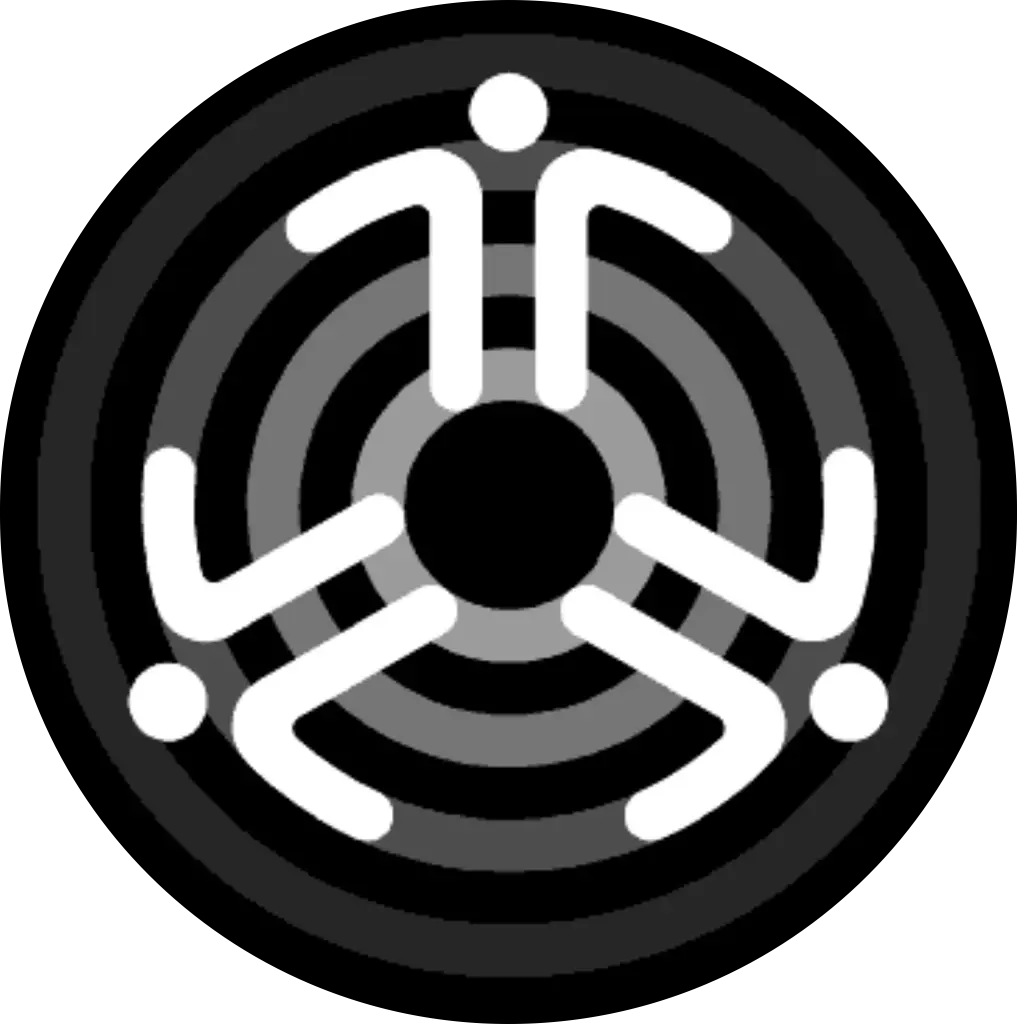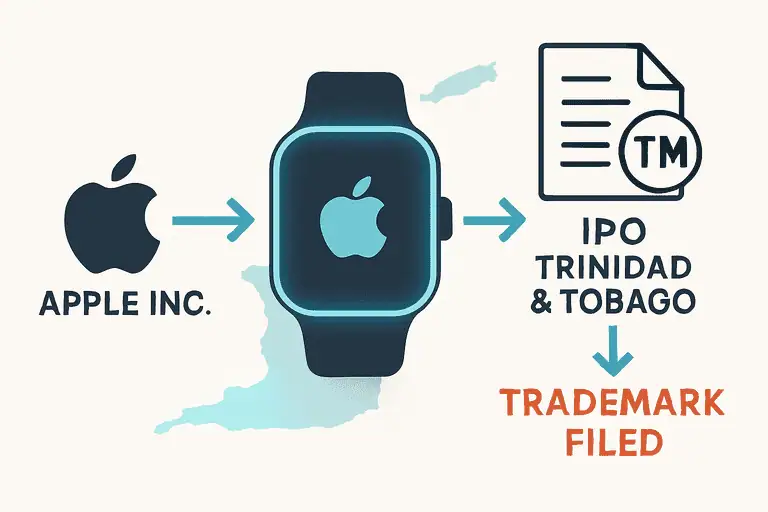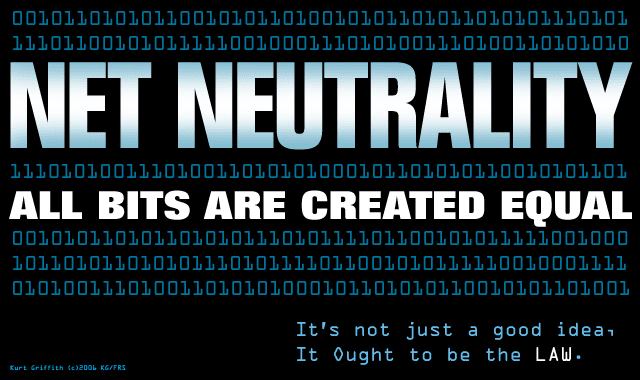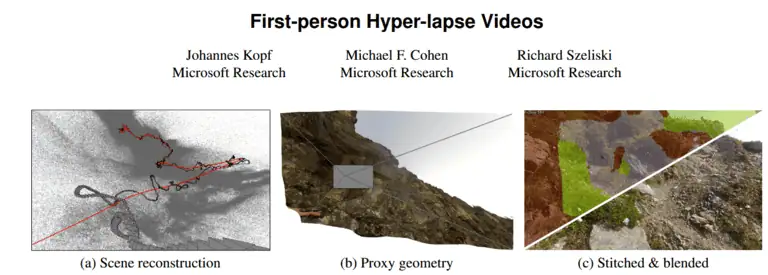Interesting article in the Wall Street Journal’s Law Blog of how Apple registered “Apple Watch” in Trinidad and Tobago in March 2014 and why Apple submits trademark applications in Trinidad and Tobago first. Quoting from the full article :
“….On March 11, [Apple] the company submitted a trademark application for “Apple Watch” in Trinidad and Tobago……
…..Under U.S. law, a company seeking to register a federal trademark starts to secure initial rights when it files an application with the United States Patent and Trademark Office. “If your company is the first to file a trademark application, your company is first in line to obtain the trademark registration in the United States,” says Josh Gerben, a trademark attorney in Washington, D.C. It’s what he described as a “first-come, first-served system.”
Here’s where Trinidad and Tobago enters the picture. The nation and the U.S. are signatories to an international treaty allowing applicants to secure rights in a foreign country and then transfer them over to their home country.
Under the agreement, an applicant that files in Trinidad and Tobago has a six-month window to apply for the same trademark in the U.S. without resetting the clock. In other words, if Apple applies for an “Apple Watch” trademark in the U.S. by Thursday, its application would be treated as if it were filed six months ago on March 11. So if another company trying to acquire the same trademark filed its application in the U.S. after that date, it would take a backseat to Apple’s.
So Apple got a head start in securing trademark rights for Apple Watch without the publicity that a domestic application would certainly generate.”
Read the full article at http://blogs.wsj.com/law/2014/09/10/name-of-apple-smartwatch-wasnt-a-secret-at-least-in-trinidad-and-tobago/











